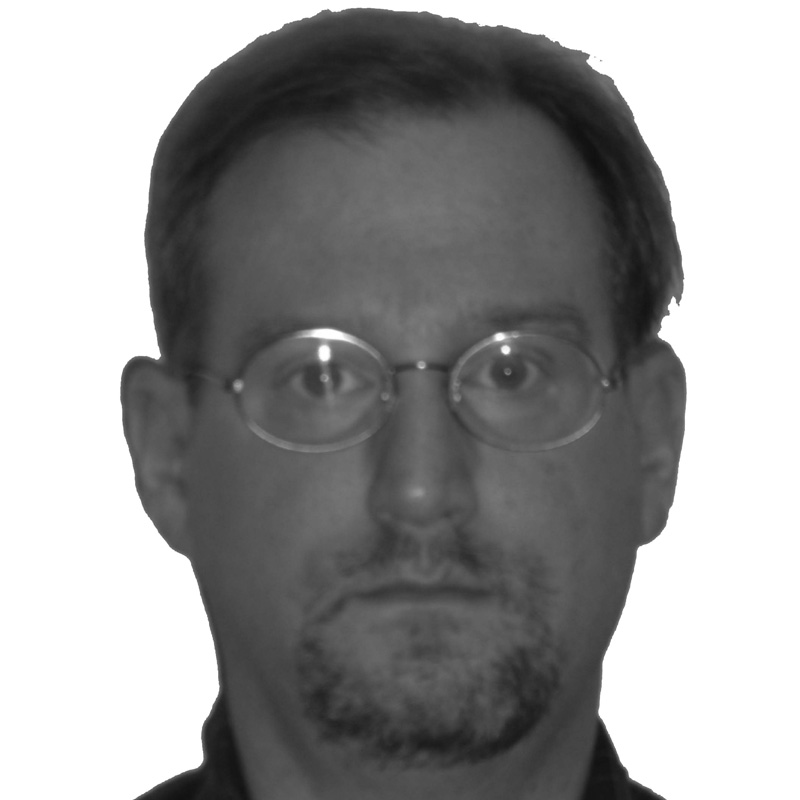
Meta
Eric Johnston
Dec 3, 2012
Dec 1, 2012
Dec 1, 2012
Nov 29, 2012
Nov 28, 2012
Nov 27, 2012
Nov 22, 2012
Nov 21, 2012
Nov 21, 2012
Nov 18, 2012
Nov 16, 2012
Nov 9, 2012
Nov 9, 2012
Nov 8, 2012















